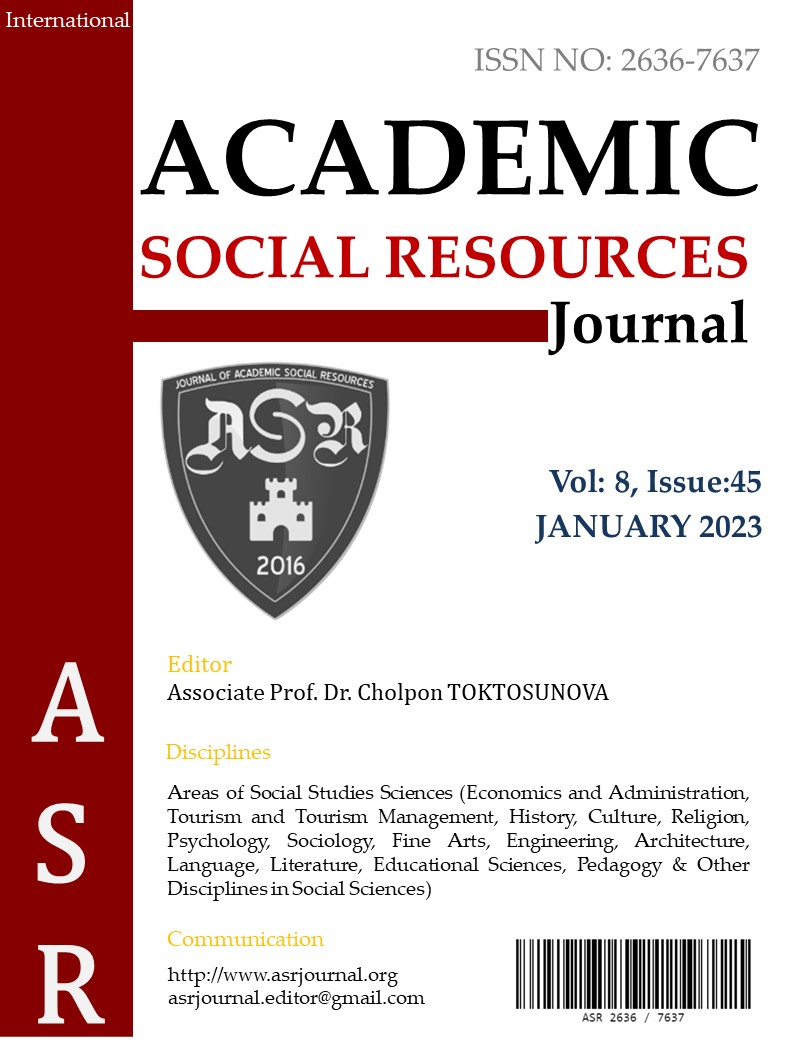Author :
Abstract
Keywords
Abstract
The ability to communicate in a common language in the shipping industry is crucial in determining the successful communication among crew members of different nationalities. Indeed, the issue of seafarers’ training in Maritime English has been of great importance due to its effect on safety on board. The present paper raises some main issues to be addressed in the design and implementation of a Maritime English course. First, there will be an investigation of the basic arguments regarding the importance of studying Maritime English. Then there will be an analysis of the distinct features of this English for Specific Purposes (ESP) course in order to investigate, afterwards, students’ needs and expectations of a Maritime English course. The main skills that the research focuses on are reading comprehension ability, writing skill, oral communication skill and cultural competence development. It also explains the methodological approach the teacher should follow in order to improve students’ skills and competences in reading, writing, oral communication and the cultural aspect of language. Furthermore, the paper suggests the pedagogical approach to be adopted in the course, based on Humanistic Language Teaching principles such as cooperative learning, student-centered methodology and learner autonomy approach.





